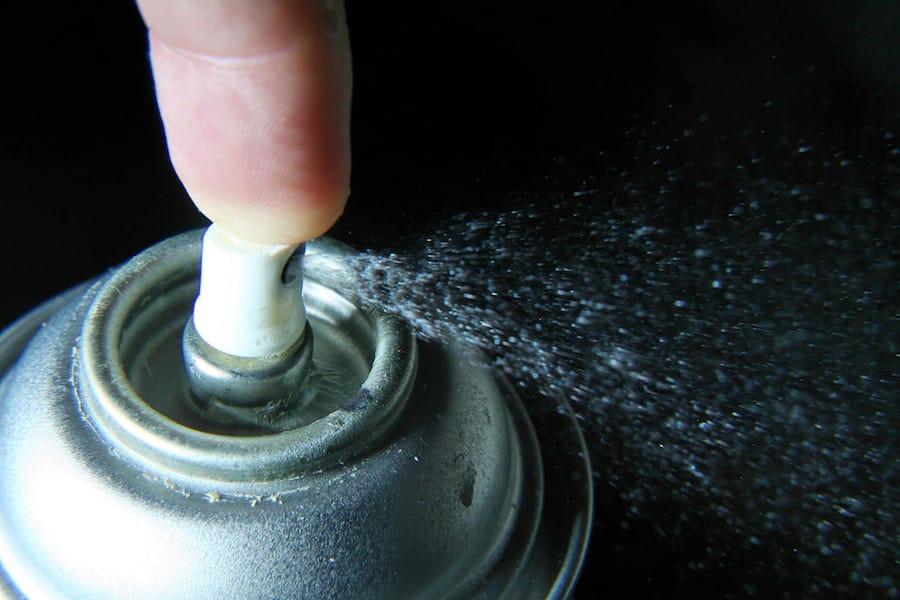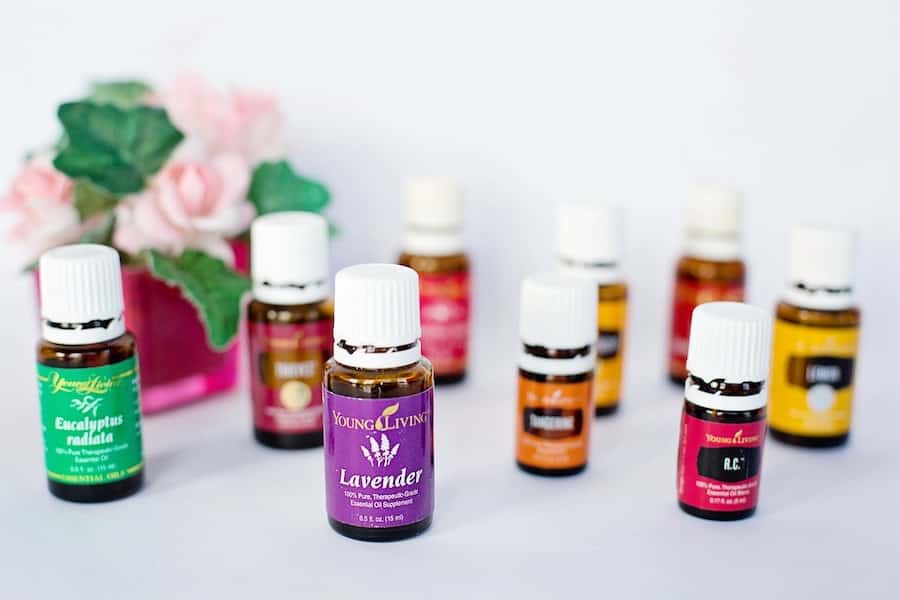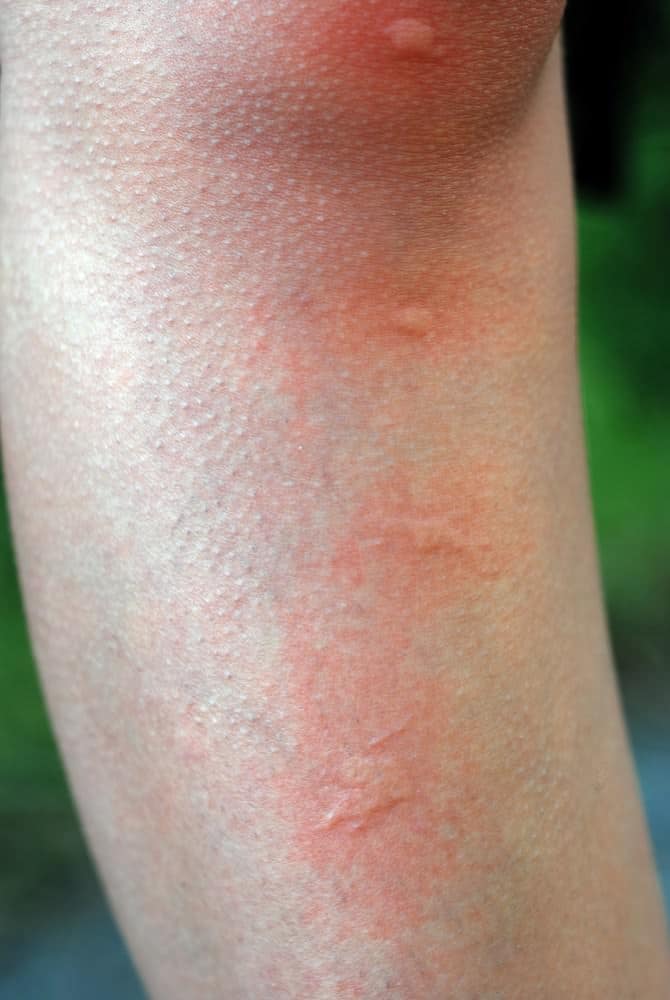Essential Oils For Mosquitoes
Staying protected against mosquitoes is essential. Not only to avoid a very annoying and itchy bite but if you’re traveling, it’s vital to stay safe from potentially deadly diseases.
One of the best ways to protect yourself is by applying a repellent. This involves anything which keeps mosquitoes away from your skin, including poisonous substances.
These are, for obvious reasons, not always good for our skin or our health. Since mosquitoes have been annoying humankind since long before the days DEET repellents were ever even thought about, what did they use to keep the bloodthirsty pests at bay back in the day?
The people of the past used essential oils for mosquitoes or plant-based repellents. They found that smoke from specific leaves, or the extract from a particular plant, would help keep to repel the pests while sitting by the riverside.
Luckily for today, we’re slowly making our way back to all-natural repellents. But are they as efficient as we would like them to be? Are they even as safe as they sound?
In this article, we will look a bit deeper into the world of essential oils and their efficiency in repelling mosquitoes.
Can Essential Oils Actually Repel Mosquitoes?
To give a quick answer, yes. Essential oils can repel mosquitoes, but it depends on how you use them and which ones you use.
Studies have shown the effectiveness of various essential oils or plant-based repellents. However, to get the most out of their effects, more has to be done than merely applying a small amount to exposed skin.
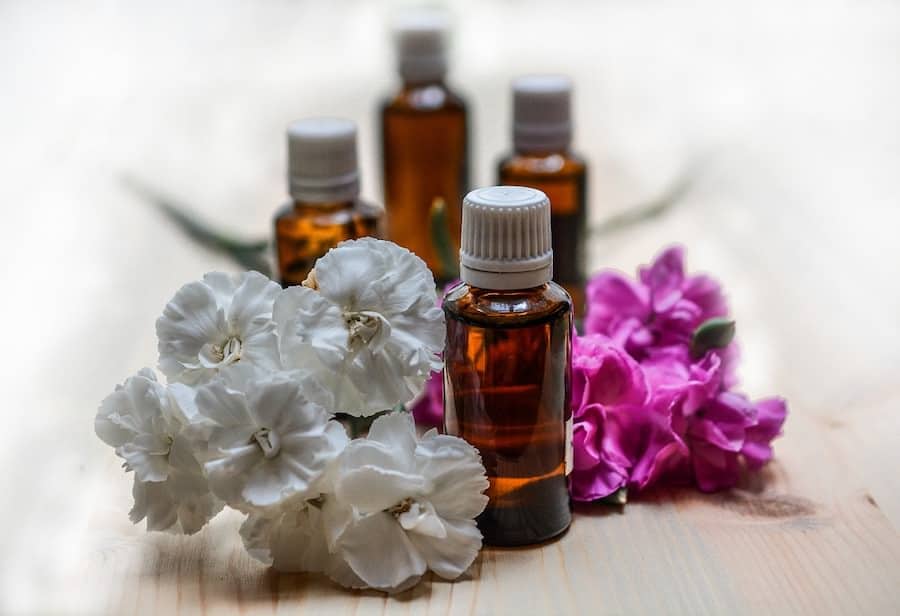
Numerous plants are used to make different essential oils, but not all are equally effective. Oils extracted from plants such as thyme, geraniol, patchouli, clove, cedar, and peppermint have proved to repel mosquitoes which carry malaria, filarial, and even yellow fever. Still, their effects don’t last all night.
The study showed that, when applied correctly, these oils were only active for one to three hours. This isn’t even close when compared to commercial repellents, and not ideal when out on the trail through mosquito territory.
Essential oils have a long history, where traits date back to ancient times. Rural areas across the globe hang or burn these plants in their homes to keep unwanted insects away. There are numerous ways to utilize these natural repellents. However, it is still important to understand their use and effects.
What Essential Oils Are Said to Repel Mosquitoes?
There is a whole list of essential oils claiming to repel mosquitoes. But before traveling to any destination where possible disease vectors are present, it’s important to do a little research.
Below are a few oils which can potentially repel mosquitoes:
Lemon Eucalyptus Oil
In several of today’s repellents, you can expect to see lemon eucalyptus oil.
The lemon eucalyptus tree stems from northeastern Australia where the climate is a mix of tropical and temperate. It is a very tall tree with white, smooth bark. The leaves at the crown, or top of the tree, have a powerful lemon scent.
When making the essential oil, the leaves, as well as the bark, are used. The leaves work best when left to age, as they then undergo a natural chemical transformation.
Lemon eucalyptus oil even made the CDC‘s list of approved repellent ingredients. However, this was not as a standalone product.
While the raw extracted oil can repel mosquitoes to some extent, it was found to be more effective once it underwent a hydrodistillation process.
Nonetheless, the smoke which develops when burning the leaves and bark has long been successful at keeping mosquitoes away.
Thyme
If you are looking for an essential oil to keep with you during summertime, thyme is the one to use. Out of all the natural mosquito repellents, thyme is one of the most effective.
Depending on the concentration levels of the oil, its strong essence can keep mosquitoes away for up to three hours, if not more.
In case you are not familiar with thyme, its scent is very herby, almost lemony, which is why it goes well in a chicken dish. But for mosquitoes, however, these aromas are not very attractive.
One drawback of thyme essential oil is also the strong scent. In the conducted study, people voted it one of their least favorites, fragrance-wise.
Geranium
Geranium, or cranesbill, is a flowering plant species. It is a very commonly seen plant around yards and on porches. It thrives in temperate climates, and its extracts are beneficial when repelling mosquitoes.
The oil derived from the plant contains several substances used for mosquito repellent. These include linalool, limonene, citronellol and alpha-pinene, and of course, Geraniol.
To bring out all these beneficial elements, most use a steam-distillation method on the leaves and stem. The essential oil produced has more than one benefit. It has also been proven to hold several health benefits as well, which isn’t something you can say about DEET products.
Lavender
Lavender is a scent which mosquitoes abhor. They try to avoid this sweet-smelling plant at any cost.
Lavender essential oil is excellent in many ways. When applied to mosquito bites, it works as a soothing agent for the itching sensation you feel.

Catnip
Catnip is a small floral plant which has a minty scent to it. While cats love this plant, hence the name, mosquitoes don’t.
When extracted, the essential oil produced contains nepetalactone. This substance is very effective against flying pests, and we often see it on the ingredients label of repellents.
One study suggests that catnip essential oil is a whopping ten times as effective as DEET repellent. When tested in a controlled environment, it did prove to repel more mosquitoes than its poisonous competition.
Peppermint
Peppermint is another wonderful herb to keep in your garden if you are bothered by mosquitoes.
As I mentioned above, mosquitoes hate the minty fragrances, and peppermint packs a punch. It can make the worst morning breath smell fresh, and the most persistent mosquito fly away.
Cedar
We are all familiar with cedarwood, but you may not know so much about the essential oils derived from it.
Extracted from the conifer family, cedar essential oil is also effective at keeping away malaria-carrying mosquitoes. You can apply it in various ways. It has an overpowering wooden smell to it, which is also why it’s often used for aromatherapy.
Patchouli
Patchouli is a small plant originating in Asia. The plant grows fine pink leaves or flowers which have a distinct minty smell to them.
When drying the leaves, they are then put through a steam-distillation process to make the essential oil, excellent for keeping your legs safe from mosquitoes.
Cloves
Cloves are the flower buds of the tree Myrtaceae. You may recognize these as a spice typically used in dishes and desserts around Christmas time.
Clove essential oil, especially when mixed with geranium, can be effective in repelling mosquitoes for several hours.
How to Best Use Essential Oils Against Mosquitoes?
There are numerous ways you can apply essential oils to repel mosquitoes.
The most well-known, and obvious, way is by applying it directly onto your skin. However, this is not always the most effective.
Essential Oils on Skin
When it comes to applying any essential oil to your skin, it is vital to dilute it with a carrier oil first. Most essential oils are very strong, so, to avoid any unpleasant side effects, only apply a small amount after diluting.
However, some floral essential oils, such as lavender, are safe to use without diluting.
You can also make your own ointment. Just mix a quarter of a cup of melted beeswax pellets and coconut oil with five drops each of your desired essential oils, combine it well and apply to the skin.
Diffusers
If you have a diffuser, this is an excellent and safe way to distribute repellent across the room. Use a couple of drops of one or more essential oils and leave it to fill the place with mosquito repellent scents.
Candles
Candles are another safe and easy way to repel mosquitoes. You can obtain specially made mosquito-repelling candles. These usually contain essential oil extracts, such as citronella and geraniol.
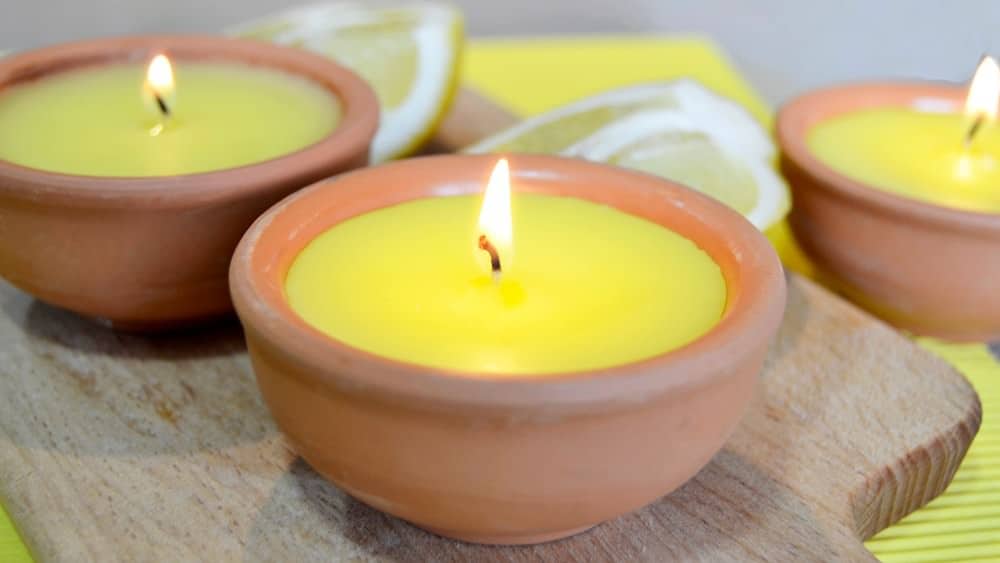
Sprays
Making your own essential oil spray is a favorite way of keeping the mosquitoes away. Mix a few drops of your favorite essential oil with some water, or even vodka, and apply where needed.
For a more efficient spray, mix different oils, for example, cedar, lemon eucalyptus, and catnip.
Risks and Precautions
There is a certain assurance when using essential oils that they are completely safe because they are natural. However, that is, unfortunately, not always true.
Essential oils are very concentrated, so although they’re supposedly natural. But natural does not always mean safe. Several essential oils can, in fact, be quite harmful to the skin if applied directly or in large amounts.
Several oils have been reported to cause rashes and other unpleasant skin conditions.
It is also important to mention that their durability is not as long-lasting as DEET products for instance. This means that if you’re out on the trail, relying 100 percent on essential oils to keep you safe, it might not be your best bet.
If you have children, always be careful which essential oils you’re using, either as applied to the skin or in a diffuser. Make sure your children are not allergic to any of the plants used. There are other ways to protect babies and children from mosquito bites.
Summary
Essential oils have a long history in keeping us safe from mosquitoes. With plants and trees, such as thyme, catnip, lemon eucalyptus, and cedarwood, we have been blessed with natural remedies and repellents all around us to help avoid unwanted bites.
However, use the oils with caution. Dilute them with carrier oils for the skin or with water in a diffuser. Re-apply the oil to your skin regularly, as their effects usually don’t last more than a couple of hours, and you should be okay.
We hope that this short guide on essential oil mosquito repellents can help you stay bite-free during those long, hot summer nights.

